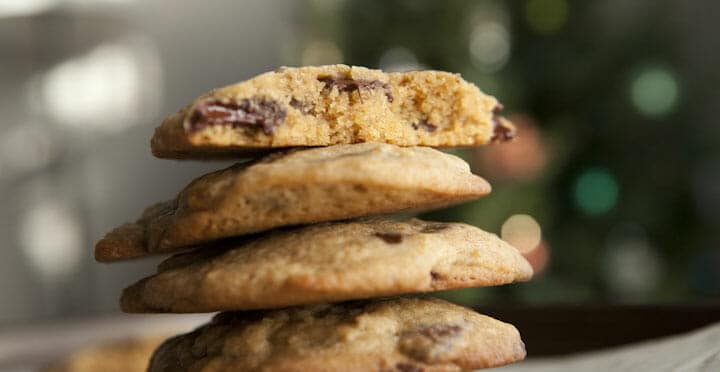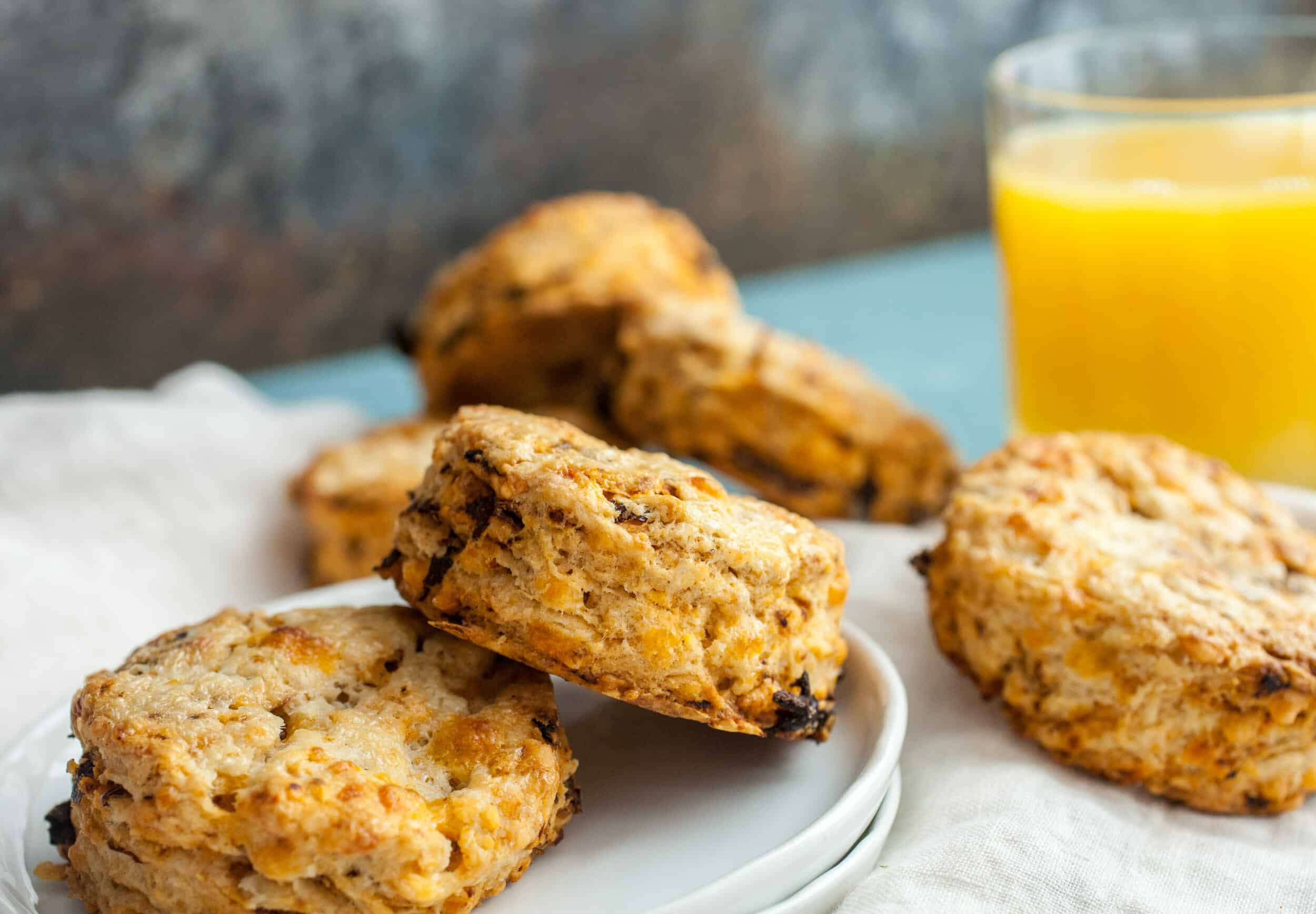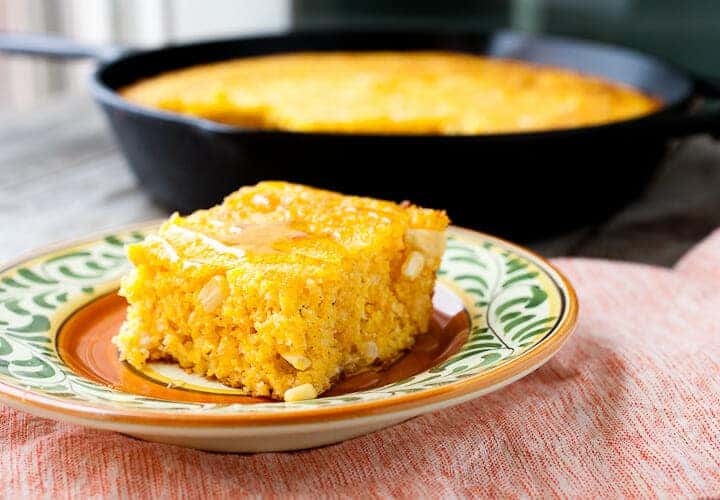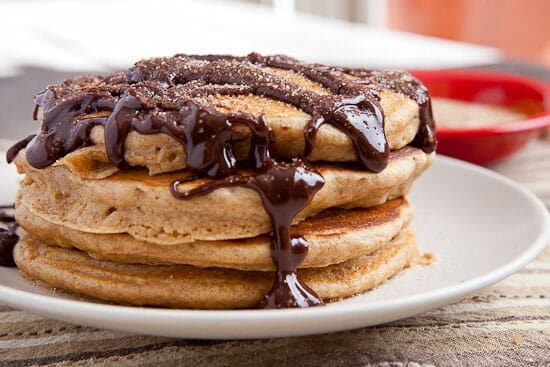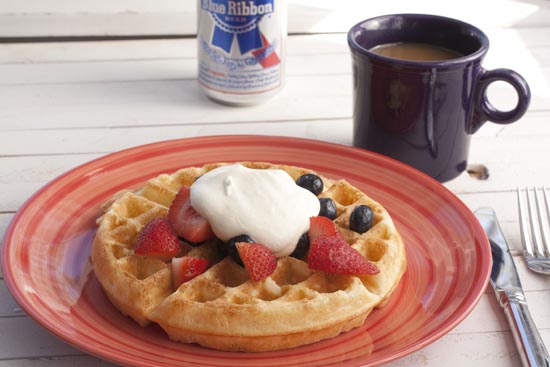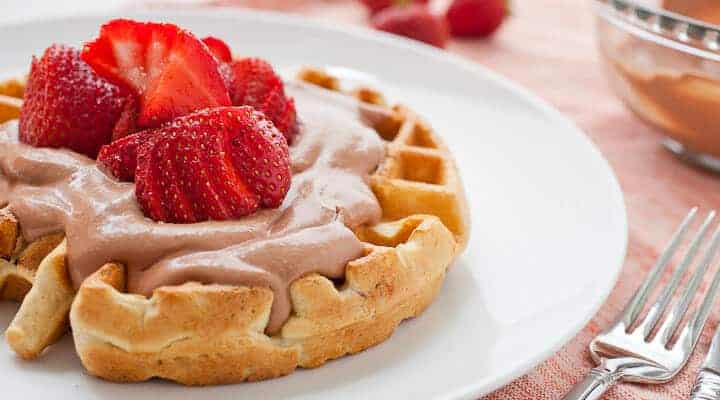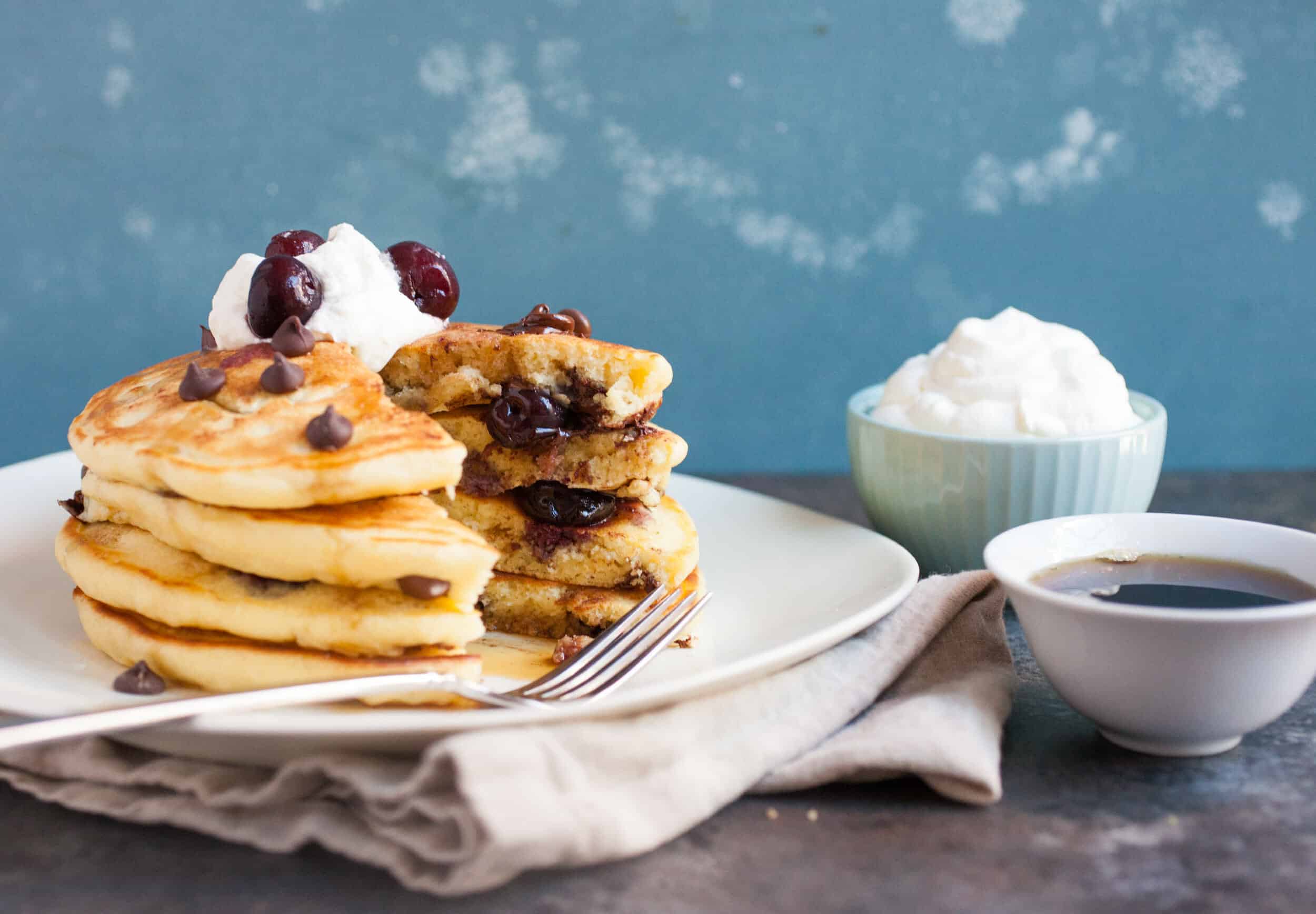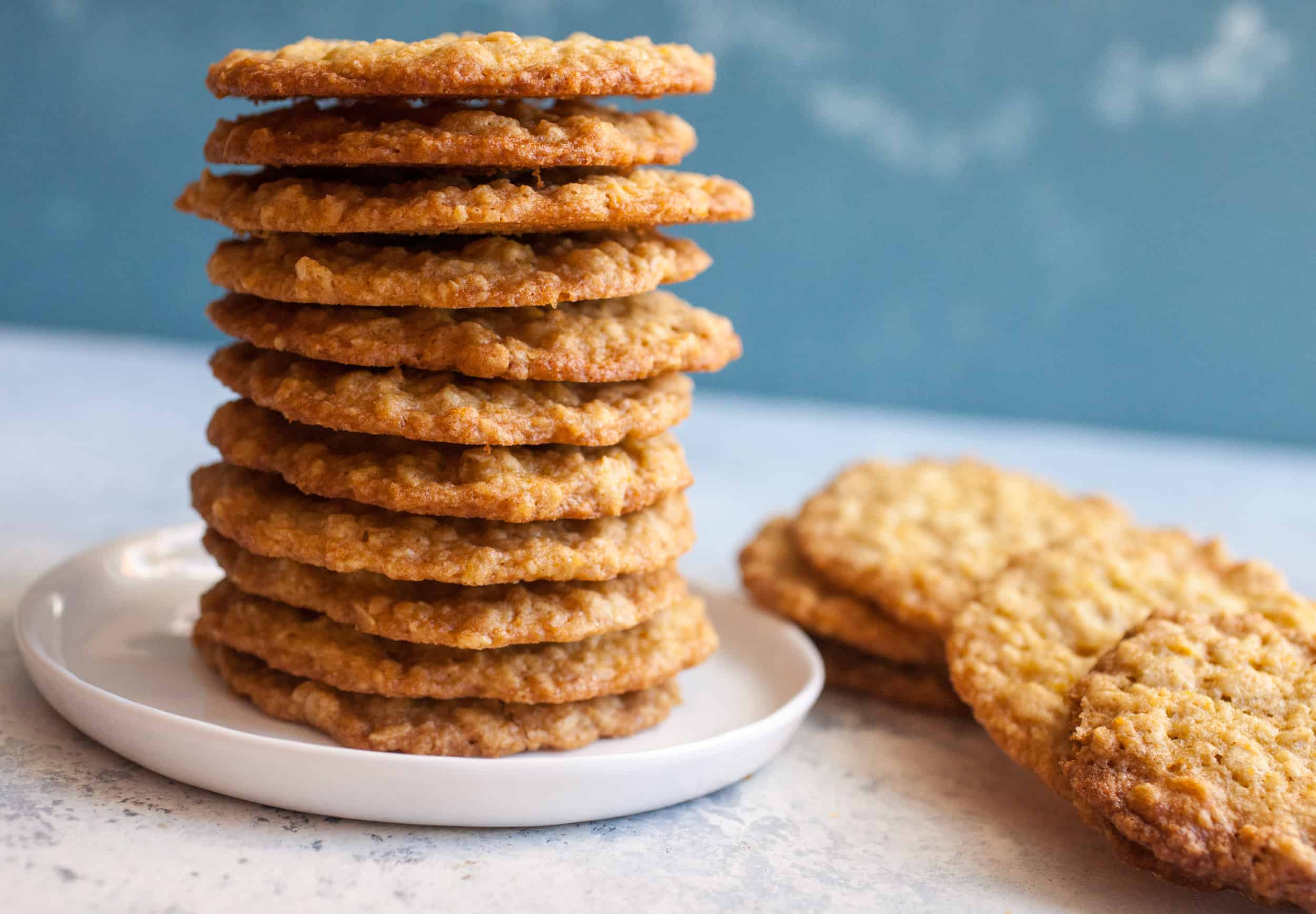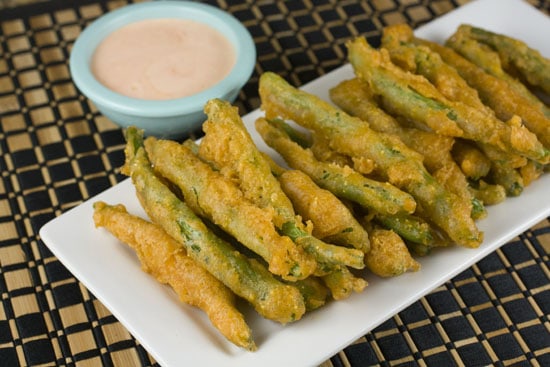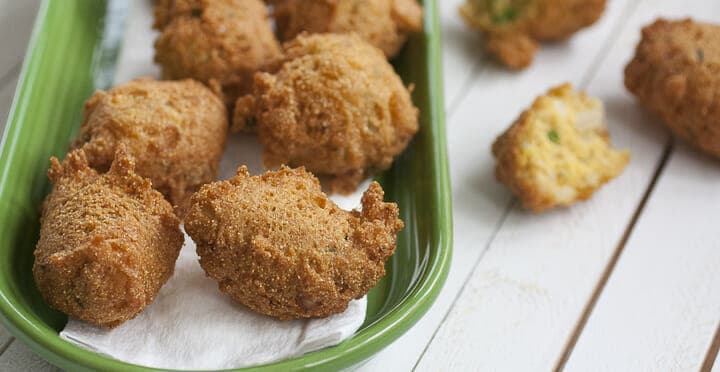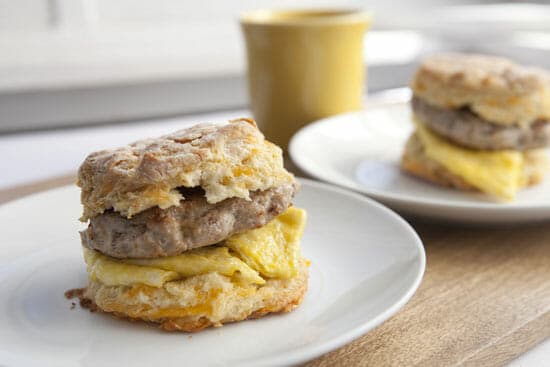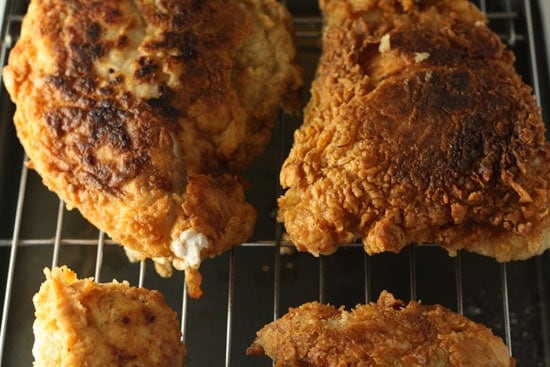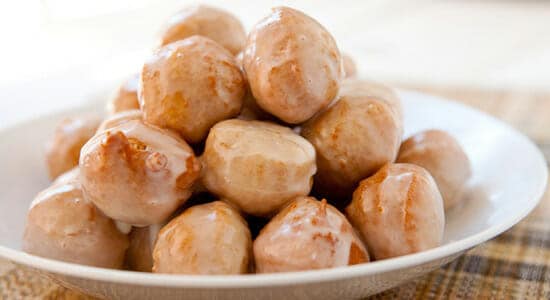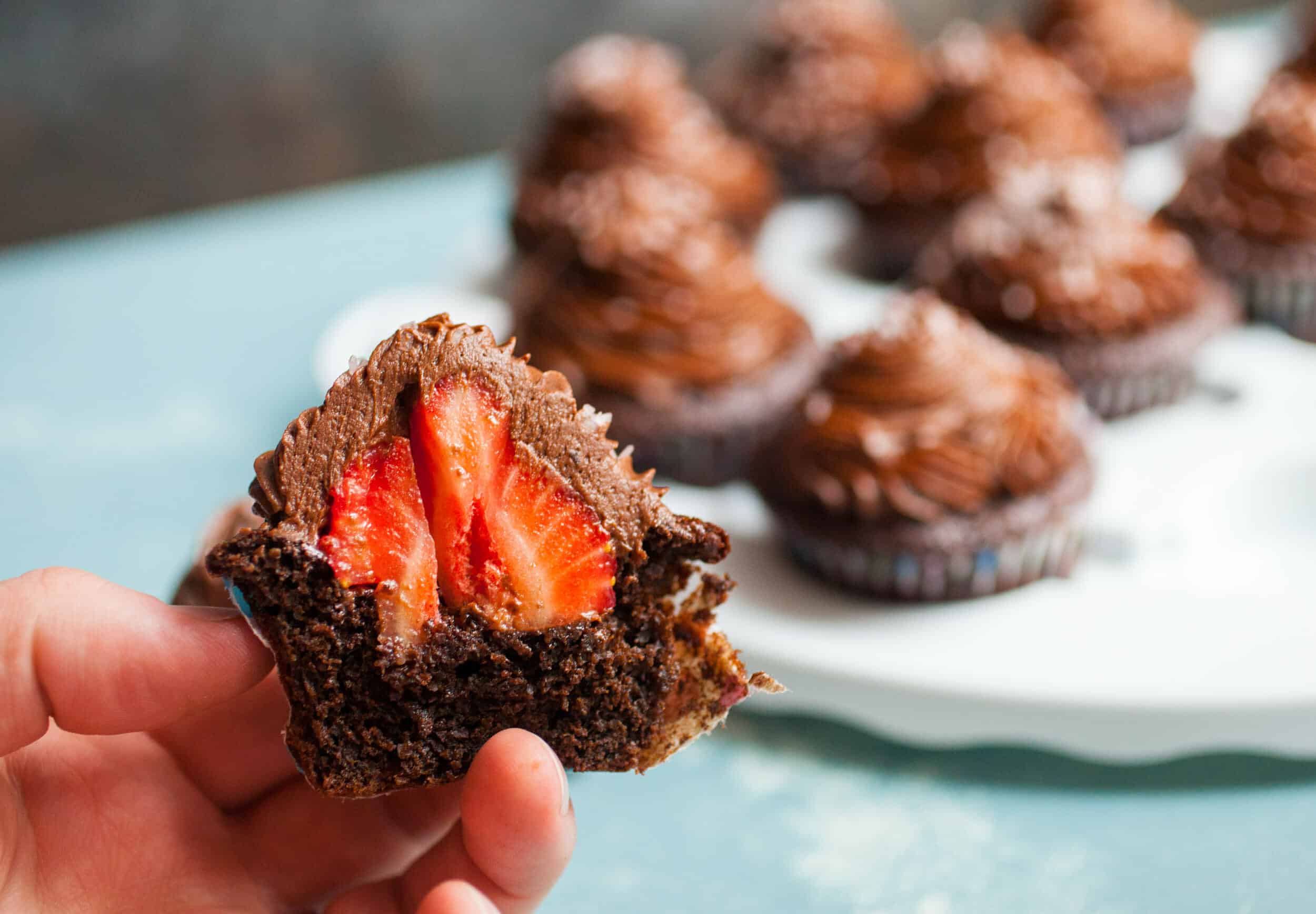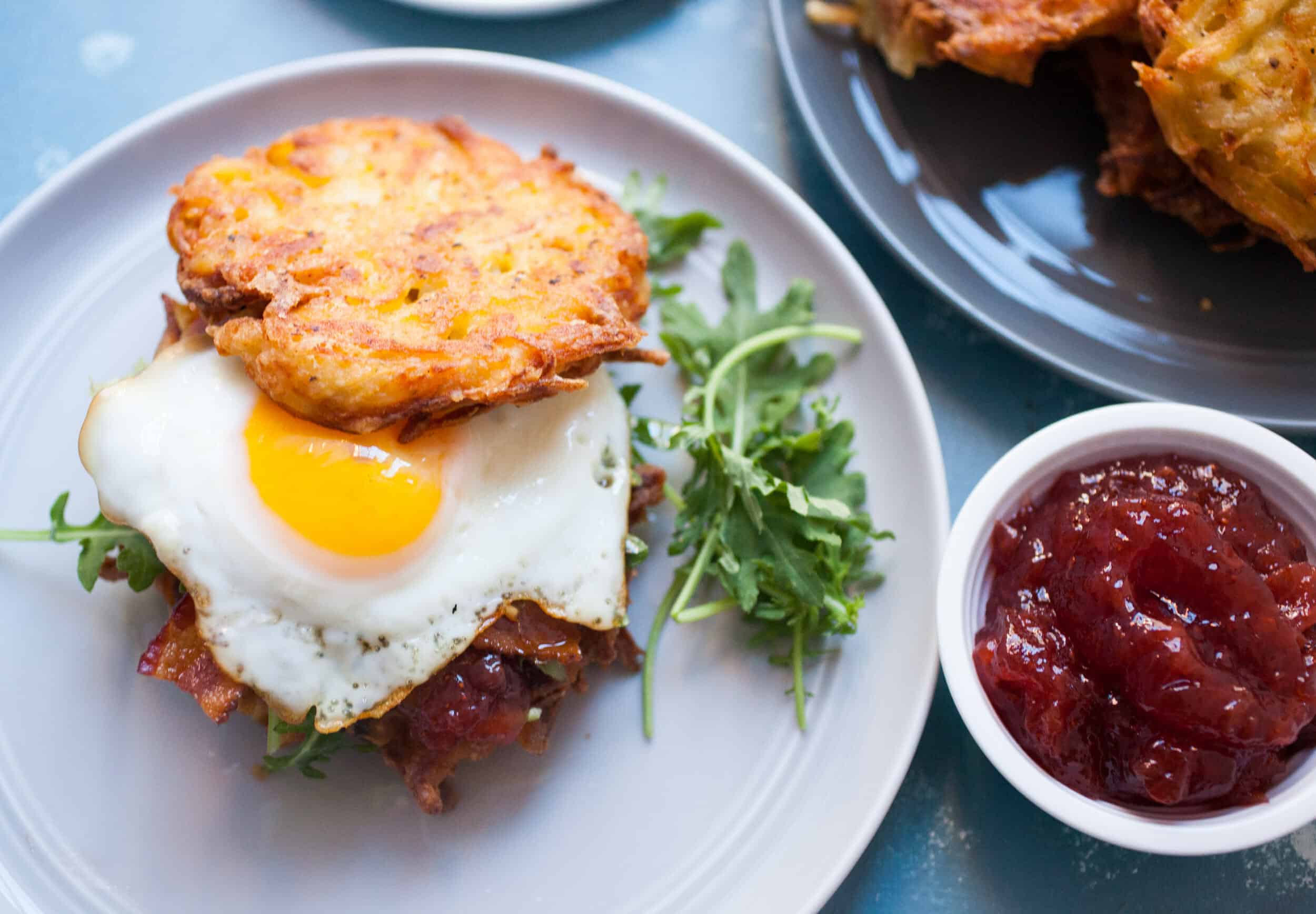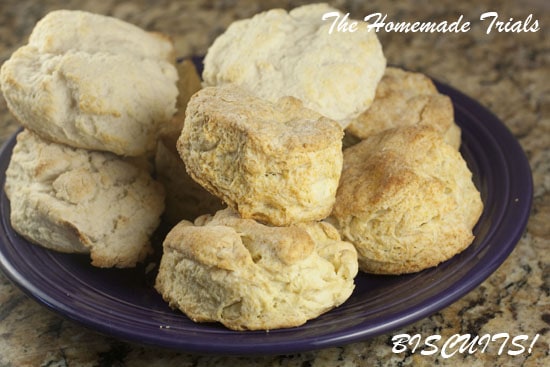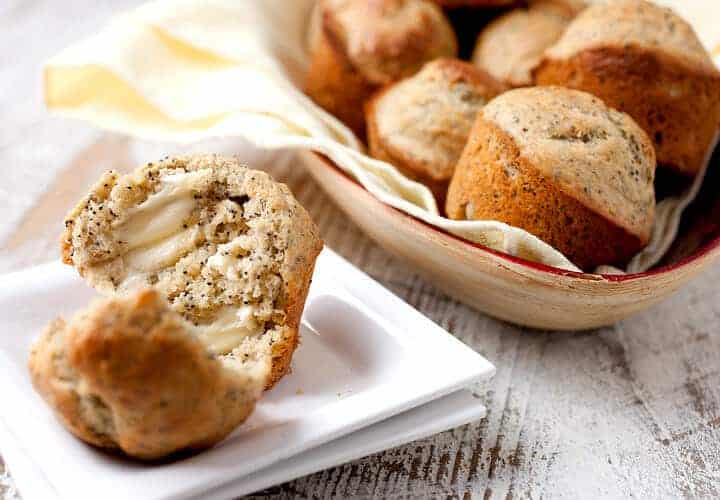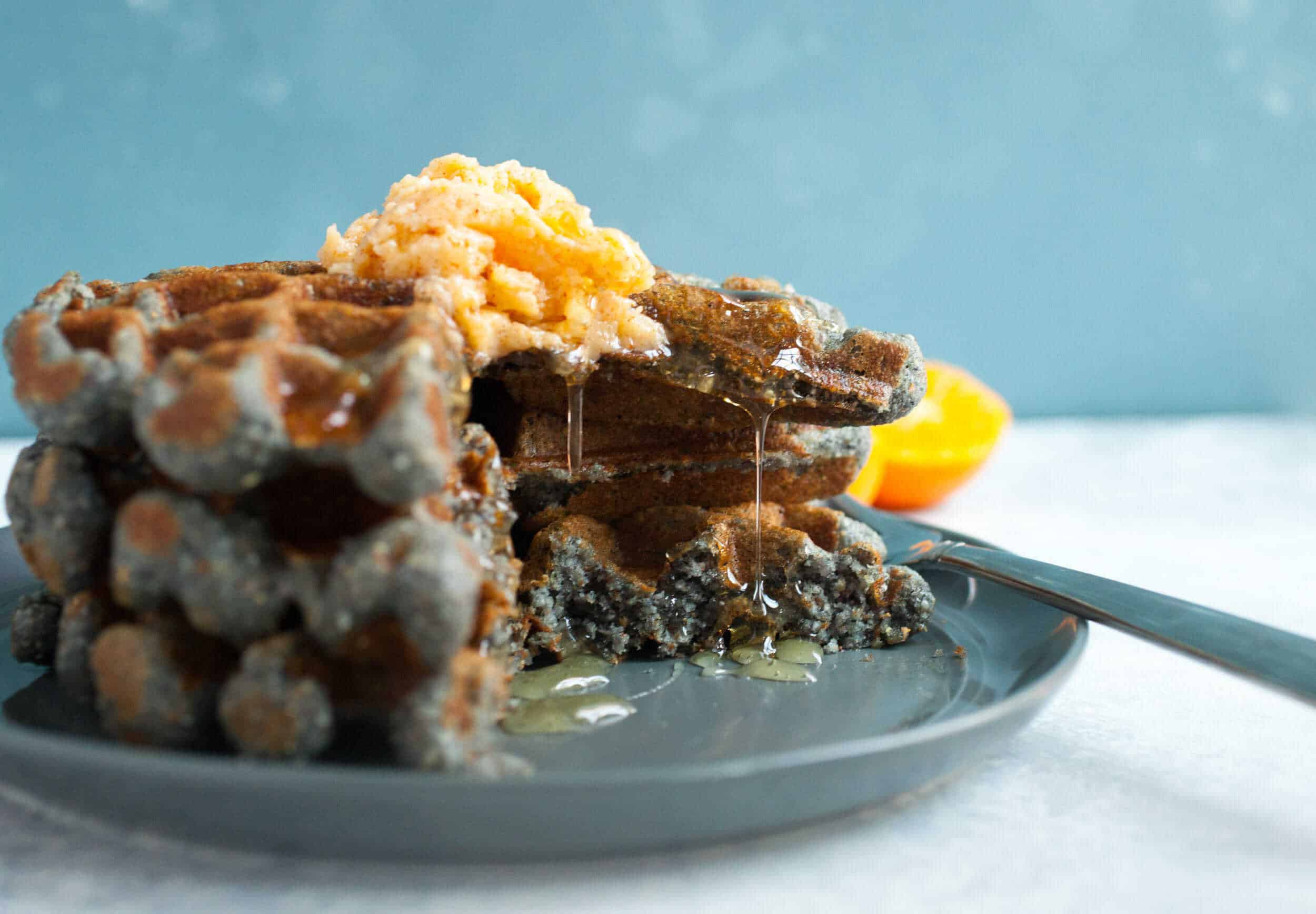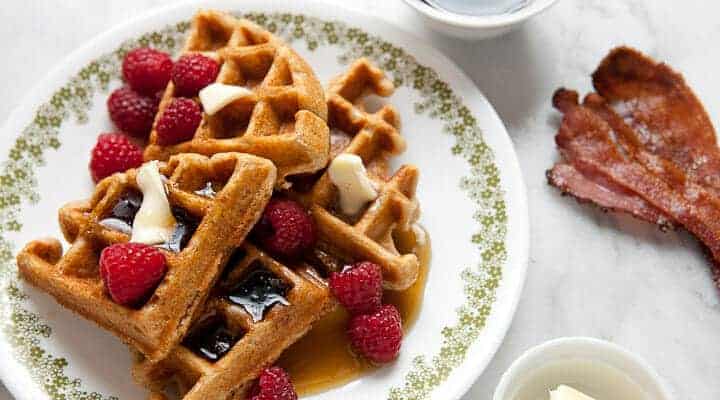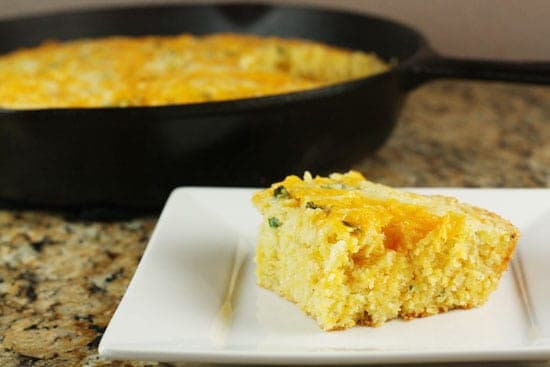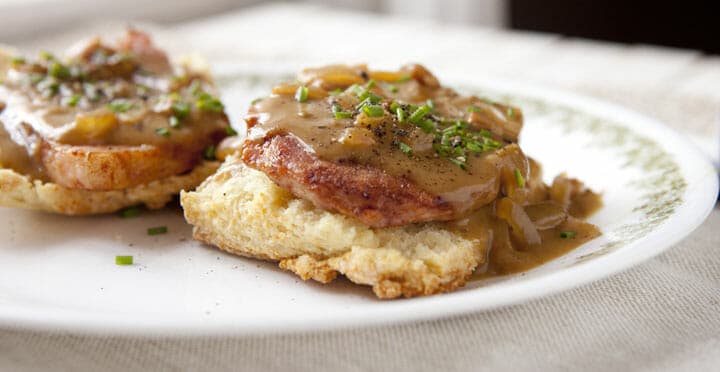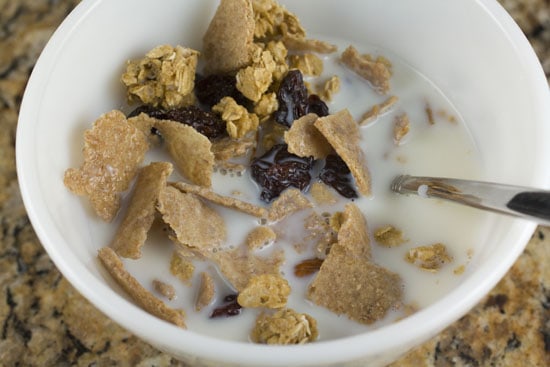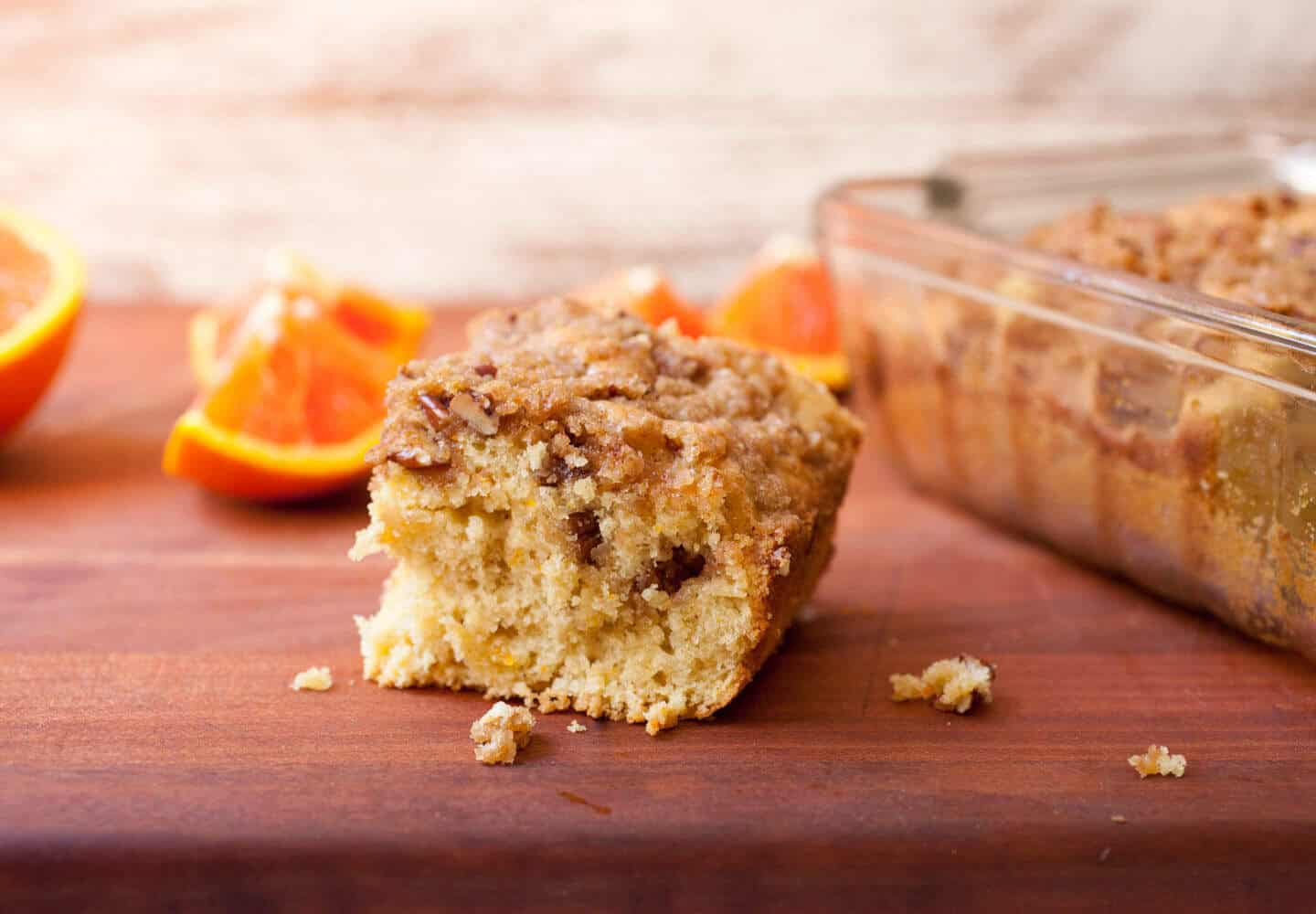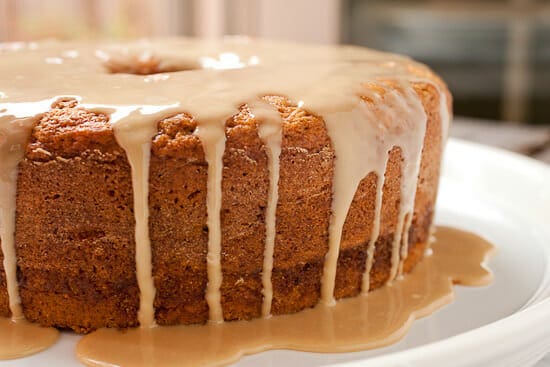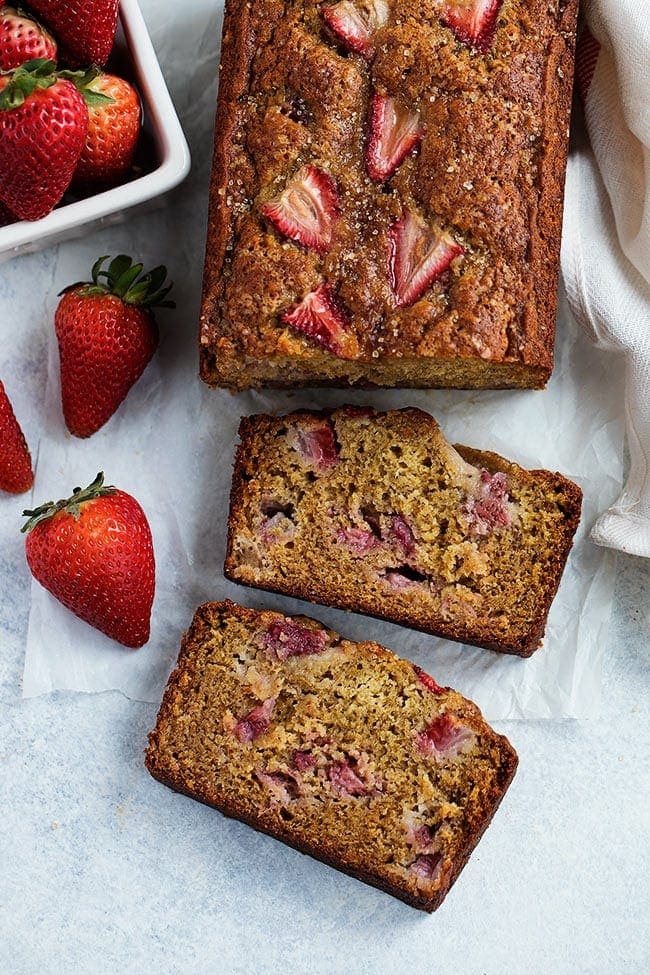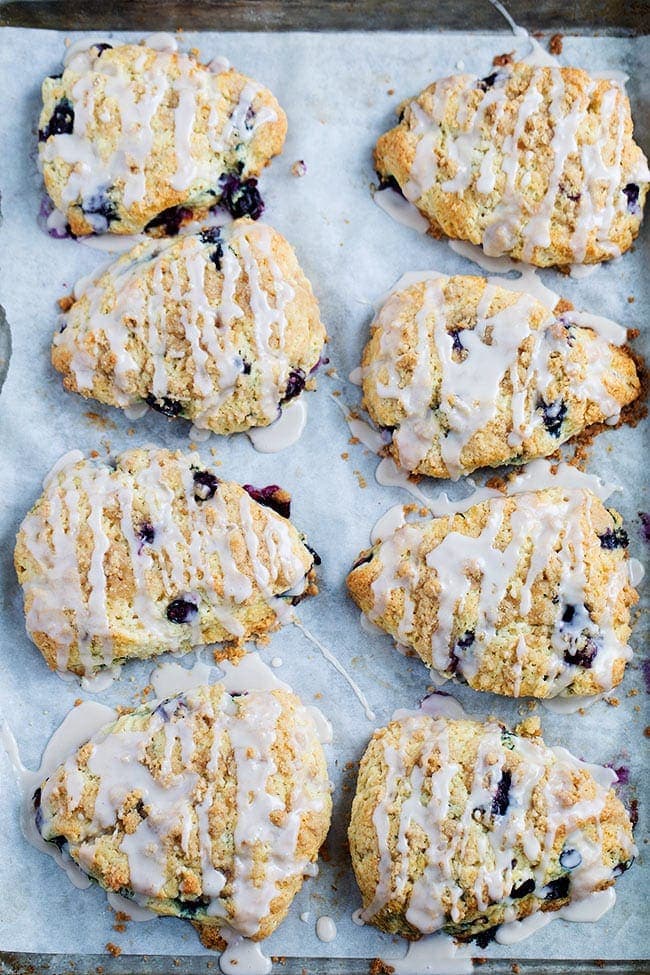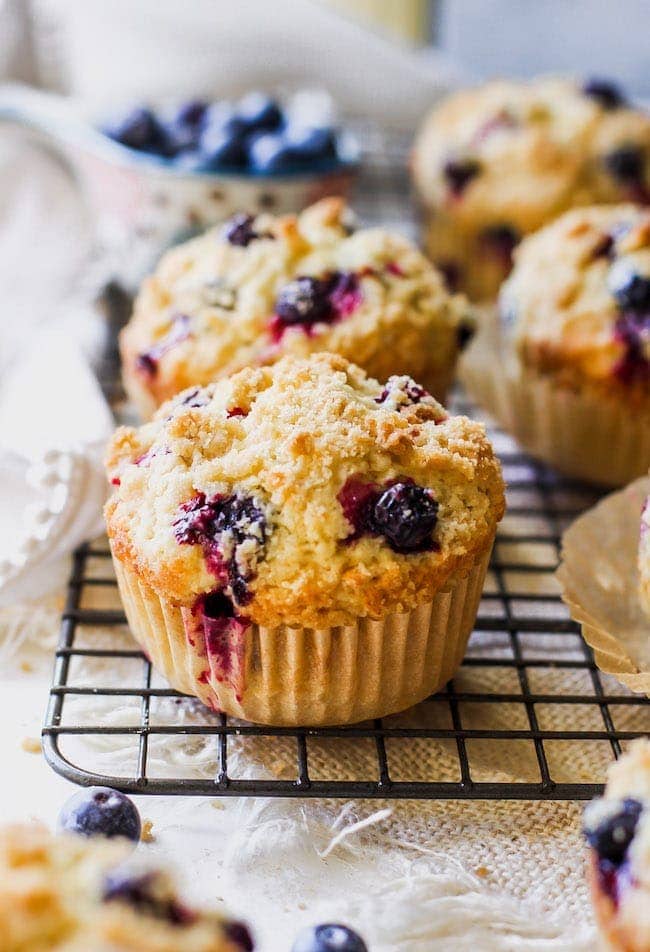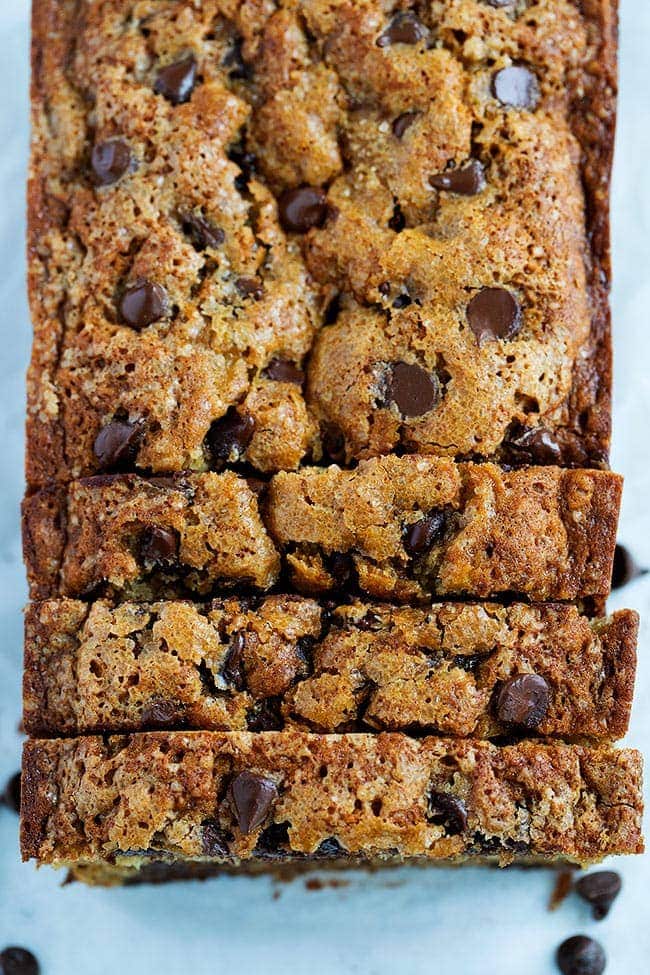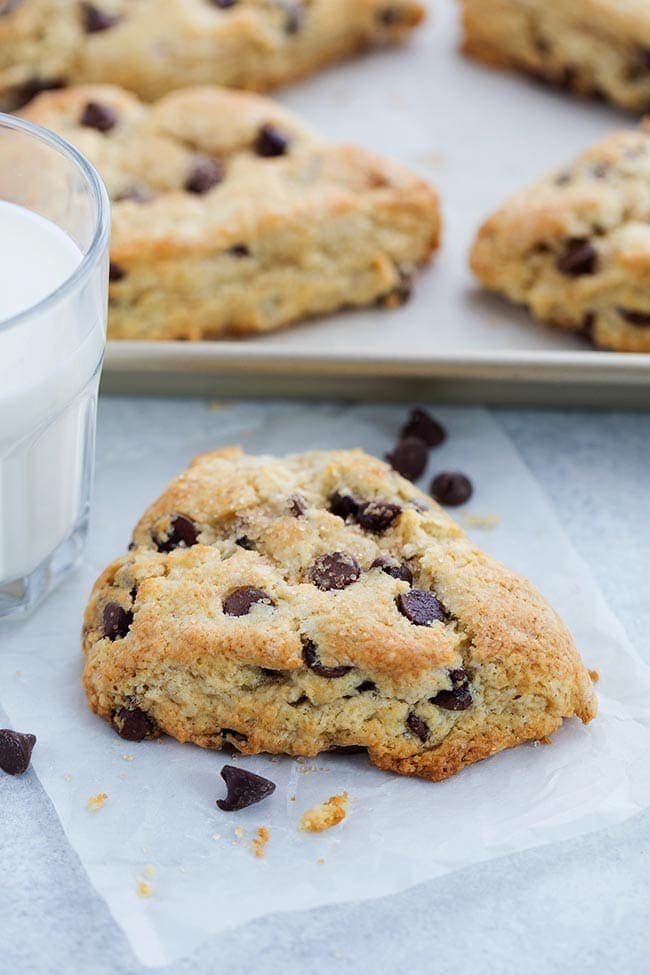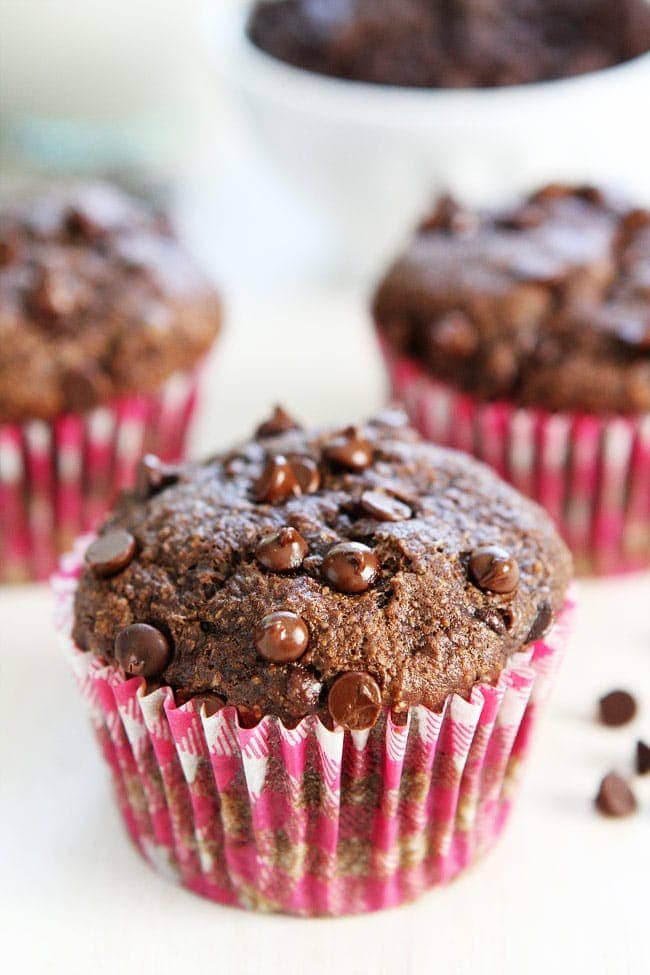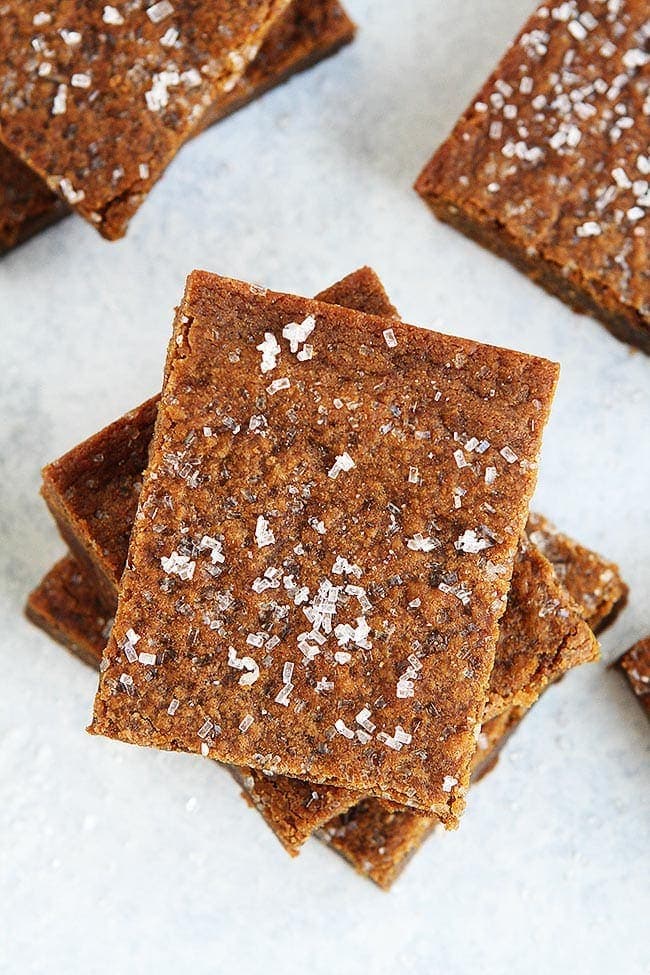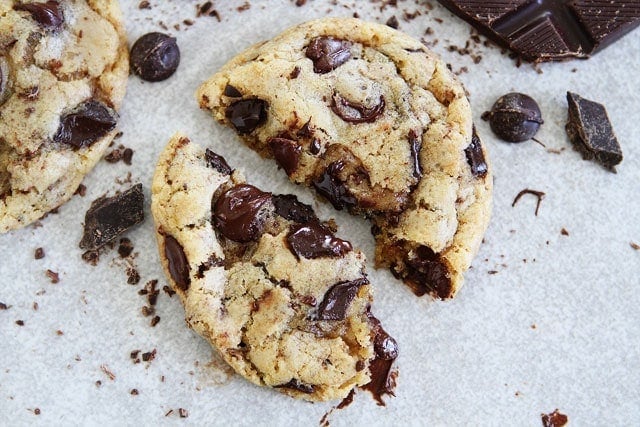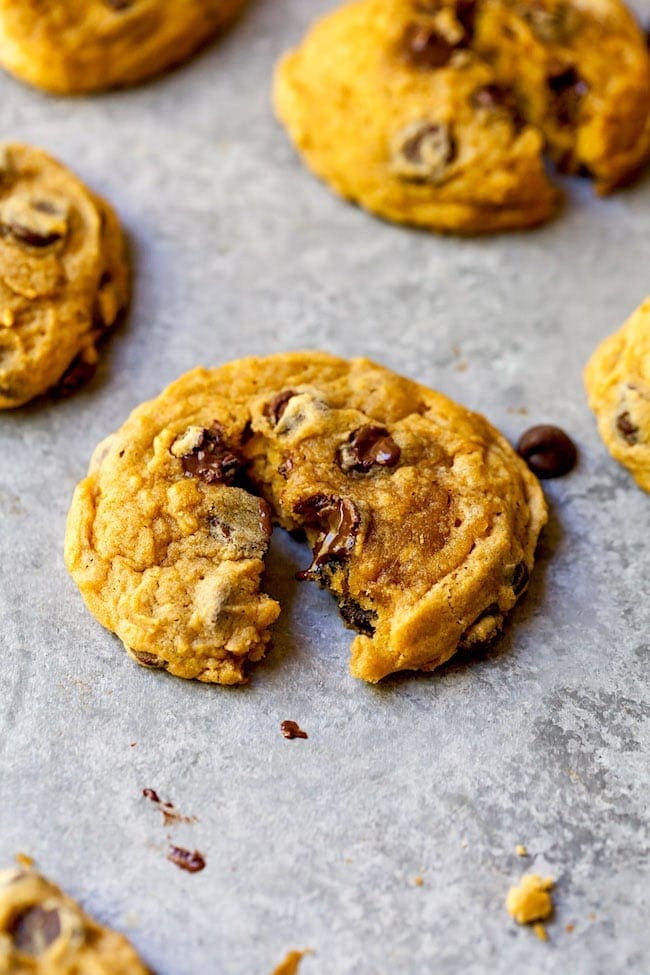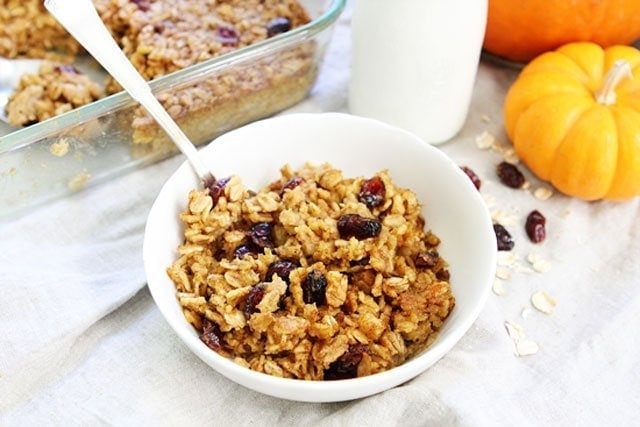Baking Powder: Important Facts, Health Benefits, and Recipes
Learn everything about baking powder with this ultimate guide, covering its history, health benefits, storage tips, and uses in various cuisines for perfect baked goods.
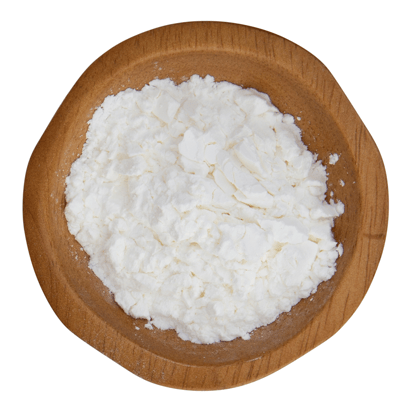
Nutritional Facts
0.5 tsp
Amount per serving
Calories
1.2
Carbohydrates
0.6 g
Fat
0 g
Protein
0 g
Saturated Fat
0 g
Sodium
243.8 mg
Fiber
0 g
Sugar
0 g
Best Baking Powder Recipes
-
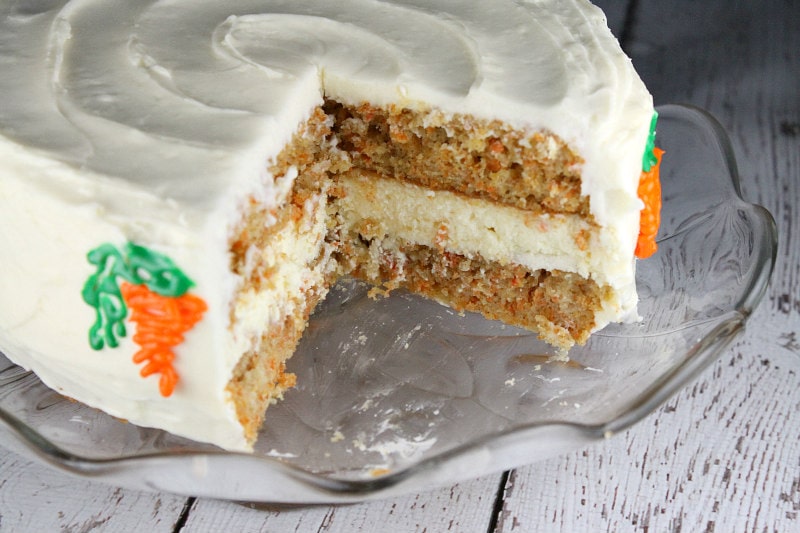
-
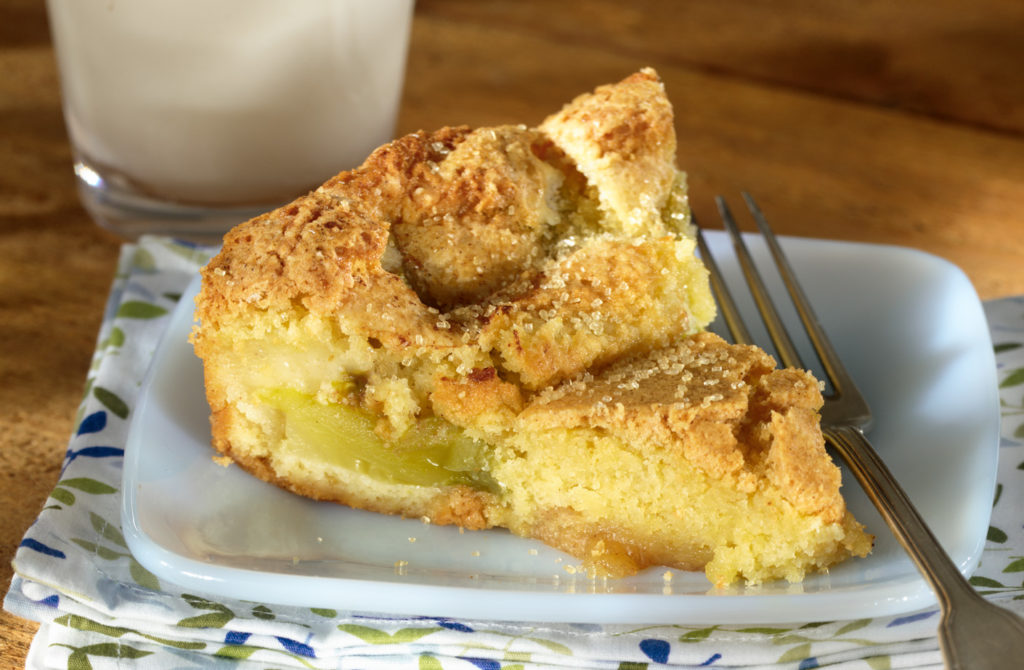
-
:max_bytes(150000):strip_icc()/LamingtonCakeHERO-811e79ffa92d44959b537f1caf863024.jpg)
-
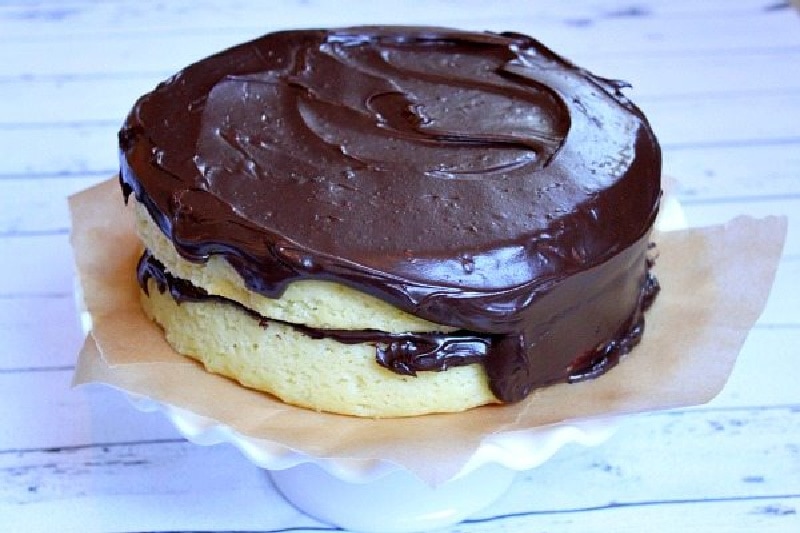
-
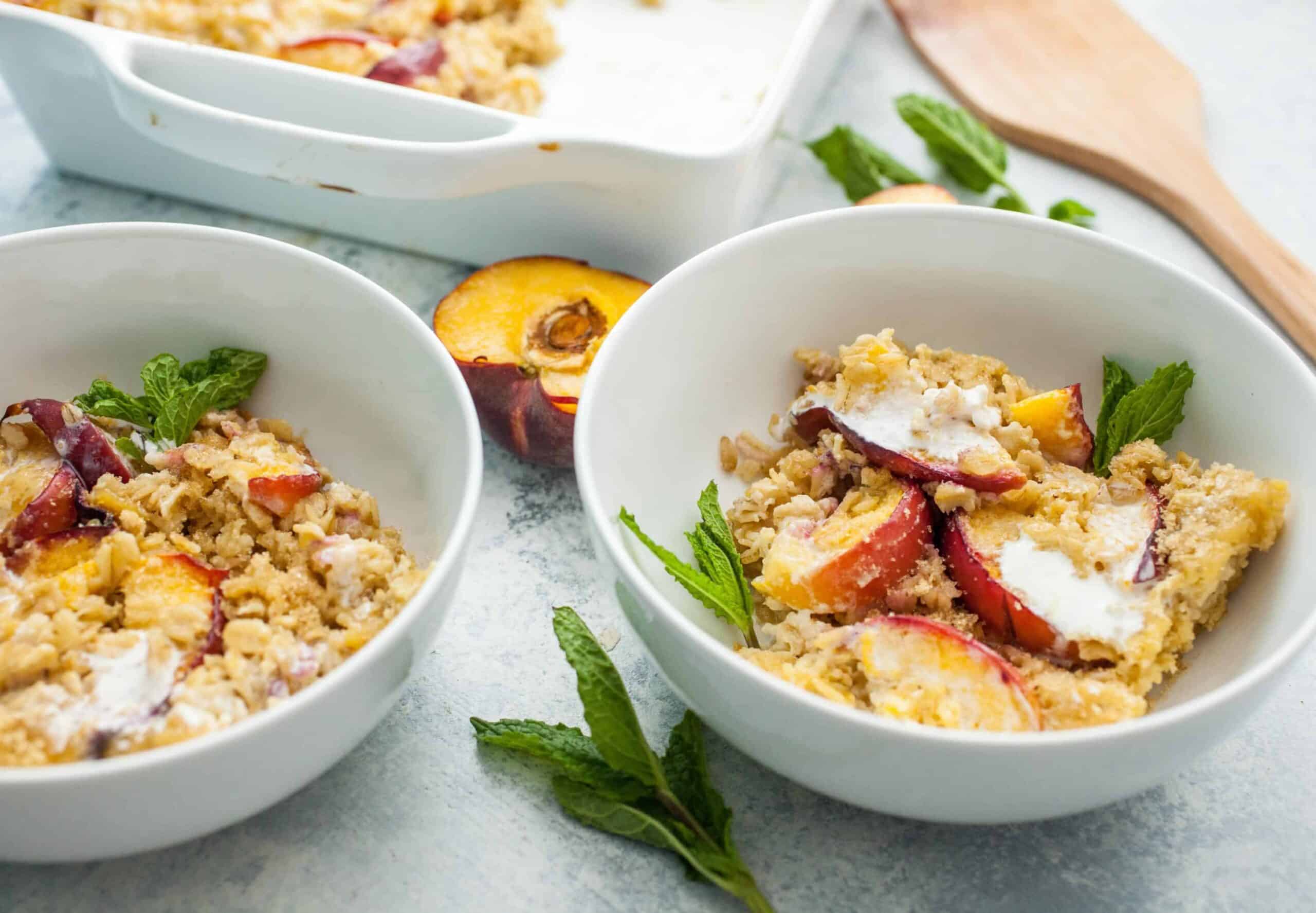
-
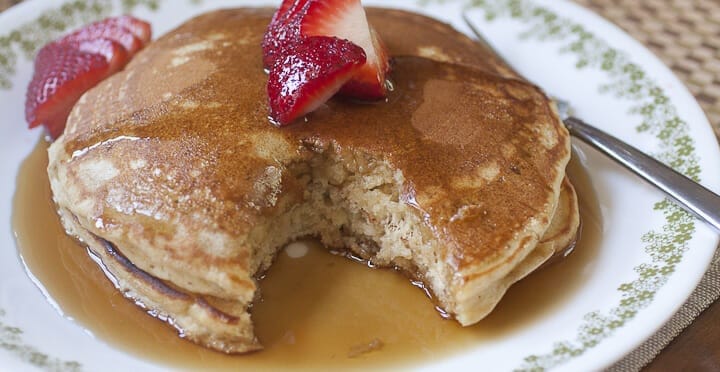
-
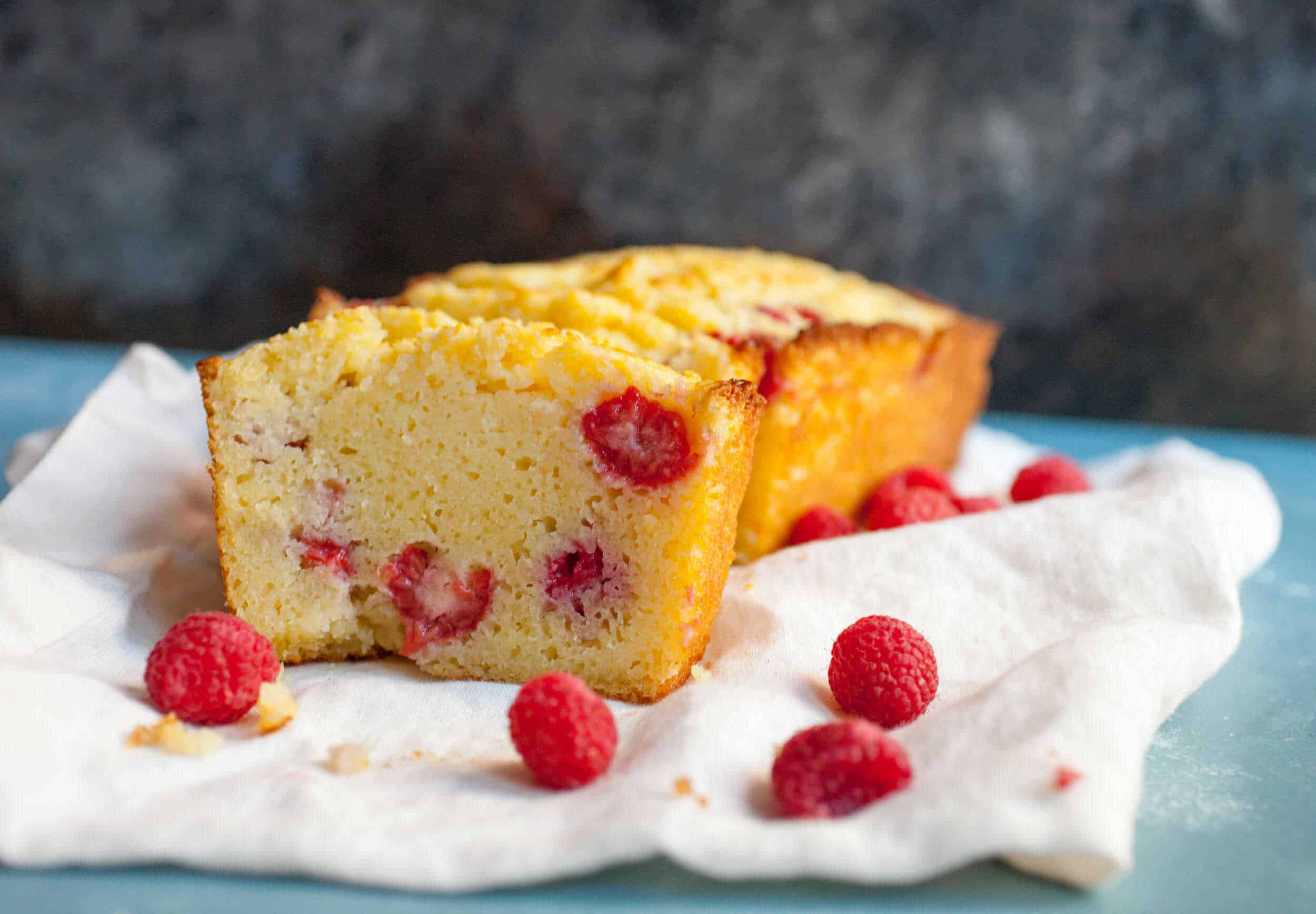
-
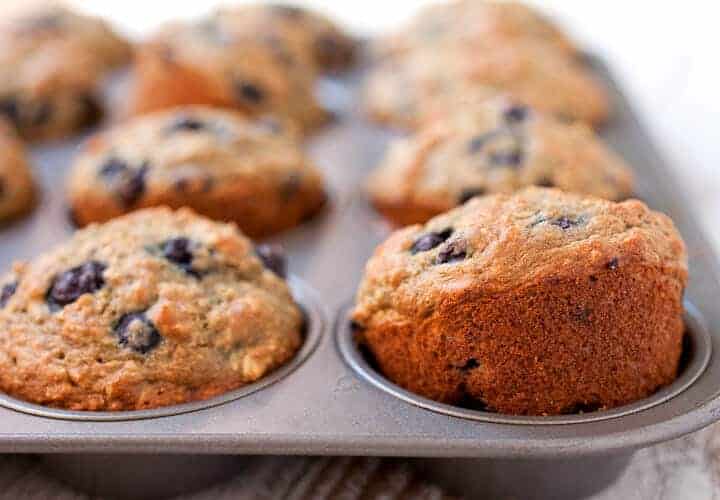
-
![Loaded Mediterranean Flatbreads Image]()
-
![Chili Chocolate Chip Cookies Image]()
-
![Sun-Dried Tomato and Cheddar Scones Image]()
-
![Roasted Corn Cornbread Image]()
-
![Churro Pancakes Image]()
-
![Caramel Churro Cupcakes Image]()
-
![PBR Waffles Image]()
-
![Strawberry Waffles with Nutella Whipped Cream Image]()
-
![Cherry Chocolate Pancakes Image]()
-
![Lemon Tea Cookies Image]()
-
![Crispy Oatmeal Cookies Image]()
-
![Fried Green Beans Image]()
-
![Jalapeno Hush Puppies Image]()
-
![Sausage and Egg Biscuit Sandwich Image]()
-
![Baked Fried Chicken Image]()
-
![30 Minute Donut Holes Image]()
-
![Chocolate Covered Strawberry Cupcakes Image]()
-
![Latke Breakfast Sandwiches Image]()
-
![Chalupas Image]()
-
![Buttermilk Biscuits Image]()
-
![Banana Poppy Seed Muffins Image]()
-
![Blue Corn Honey Waffles Image]()
-
![Basic Buttermilk Waffles Image]()
-
![Jalapeno Cheddar Cornbread Image]()
-
![Red Eye Biscuits and Gravy Image]()
-
![Homemade Bran Flakes Image]()
-
![Orange Coffee Cake Image]()
-
![Lentil Falafels Image]()
-
![Coffee Coffee Cake Image]()
-
![Strawberry Banana Bread Image]()
-
![Blueberry Scones Image]()
-
![Best Blueberry Muffins Image]()
-
![Chocolate Chip Banana Bread Image]()
-
![Chocolate Chip Scones Image]()
-
![Vegan Chocolate Banana Muffins Image]()
-
![Brown Butter Ginger Molasses Blondies Image]()
-
![Peppermint Bark Chocolate Chip Cookies Image]()
-
![Chocolate Lover's Chocolate Chip Cookie Recipe Image]()
-
![Pumpkin Chocolate Chip Cookies Image]()
-
![Pumpkin Baked Oatmeal Image]()



